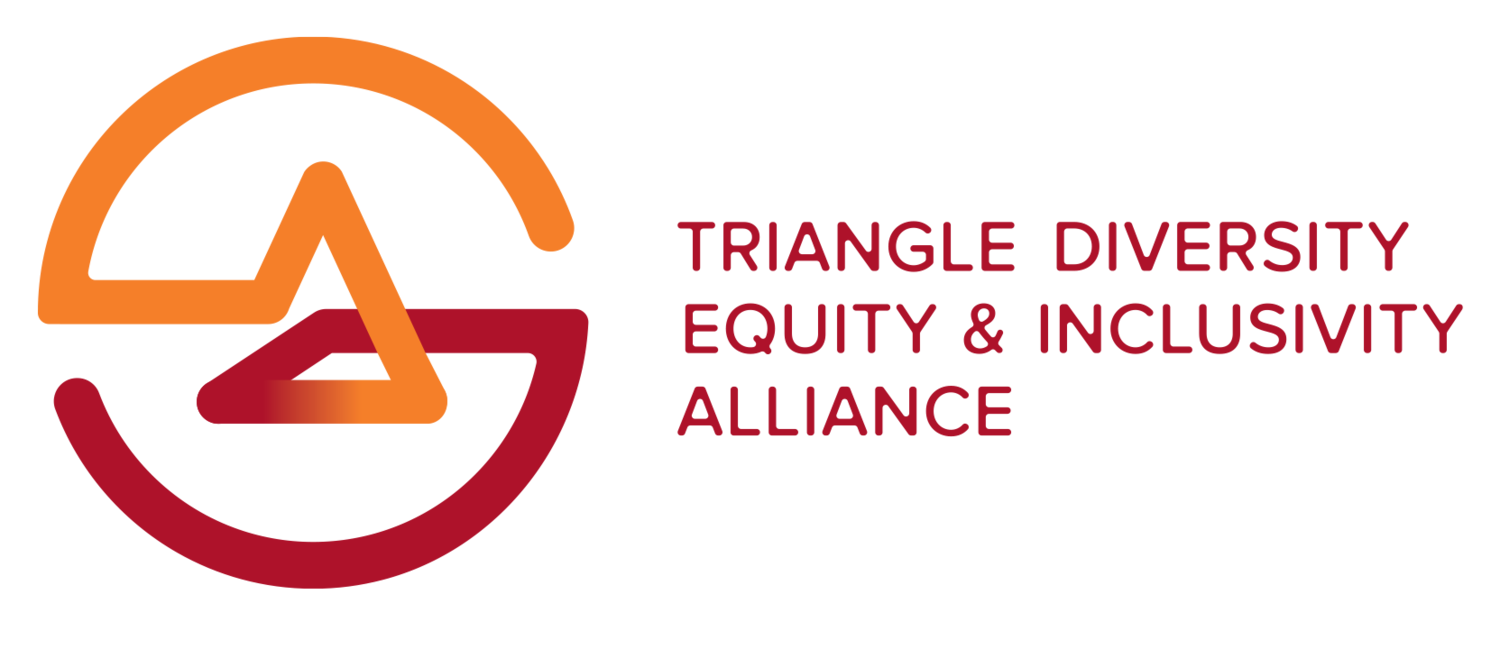Courageous Conversation: I Am Not My Hair
In July 2021 Wake County commissioners voted unanimously to join a growing number of Triangle communities banning discrimination based on hairstyles for county employees by implementing the CROWN (Create a Respectful and Open Workplace for Natural Hair) Act. Businesses across the country are working diligently to create a work culture that is truly inclusive - especially for the hairstyles of black women. That’s why we held a Courageous Conversation on the topic, where we heard from one of the co-founders of the CROWN Act, Adjoa B. Asamoah, as well as from several local leaders in the space.
Adjoa started the conversation by discussing the reason that policies such as the CROWN Act are so important. There have been countless cases where Black people have been discriminated against for wearing natural hair or protective styles such as braids, twists, locs, and others. “The problem is that in grooming and dress code discrimination cases, federal courts decided that federal anti-discrimination law protects African/Black/African-American people when they are discriminated against for wearing afros, but statutory protection doesn’t cover them when they wear their naturally textured/curly hair.” This is not just problematic for the self-esteem of people, with people feeling like they must conform but it is also very harmful and can lead to considerable hair loss and damage.
The solution? Creating a bill to change the policy. This is what Adjoa has been working on: “The CROWN act outlaws hair discrimination by amending existing definitions of race to include traits that are historically associated with it such as hair texture and or protective styles in the workplace and in public schools.”
Next, we heard about the personal experiences of several local leaders:
Julie Berry, program manager, LexisNexis Legal & Professional
Pam Diggs, director of diversity, equity, and inclusion, Blue Cross and Blue Shield of North Carolina
Patrice Gilmore, national supplier diversity, DPR Construction, Inc.
Angelique Stallings, vice president of community investment, Greater Durham Chamber of Commerce
Sheilah Sutton, community engagement officer, Coastal Credit Union
They each shared their hair stories, and why it is so important to feel comfortable showing up with your natural hair, or however you choose to wear it, especially in the workplace. Companies should recognize that inclusion makes their employees better people - it's important to let people be their full selves to be their best selves in the workplace and overall. To reach that stage, Julie mentioned that “conversations like these are so important because they help break the stigma” and having meaningful dialogue with allies will help build their understanding and fluency to move from allyship to advocacy.
To conclude, panelists shared tips for both individuals and organizations. For an individual, think about how you view a black woman's hair. We must explore our own internal biases and how it impacts the way we show up in spaces as our authentic selves. For organizations, review your policies and practices and see how professional appearance is described and how people are showing up. Have a diverse committee/team review policies and reword them until they are more inclusive. Inclusion is a journey of learning and growing, and it’s about courage.
Sheilah stated, “Let’s lean into our discomfort, it’s not comfortable to always ask but it is appreciated.”
Presented by the Triangle Diversity, Equity & Inclusivity Alliance and the Raleigh Chamber, the Courageous Conversation series of facilitated seminars provides opportunities for attendees to learn history, share experiences, and develop pathways of understanding to support diversity, equity, and inclusivity. Join us at our next Courageous Conversation on May 19, 2022!
